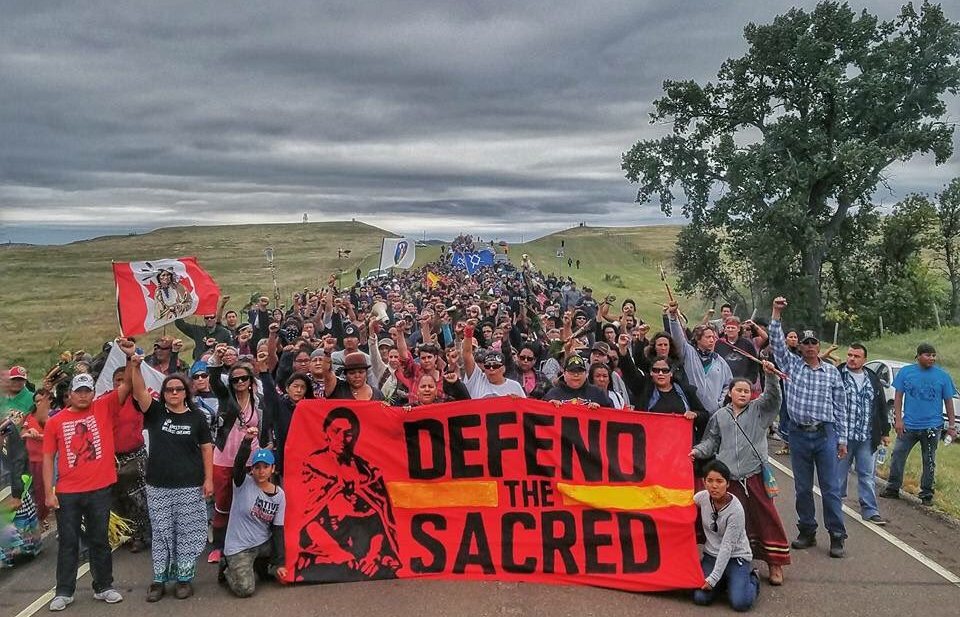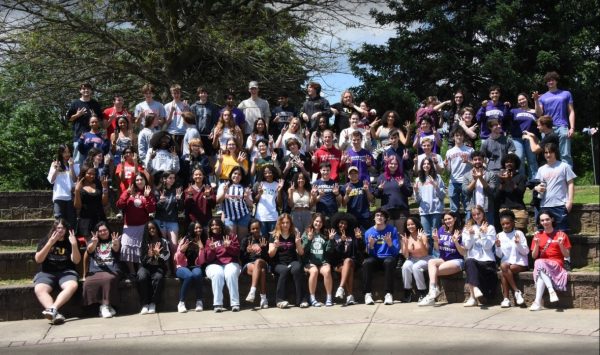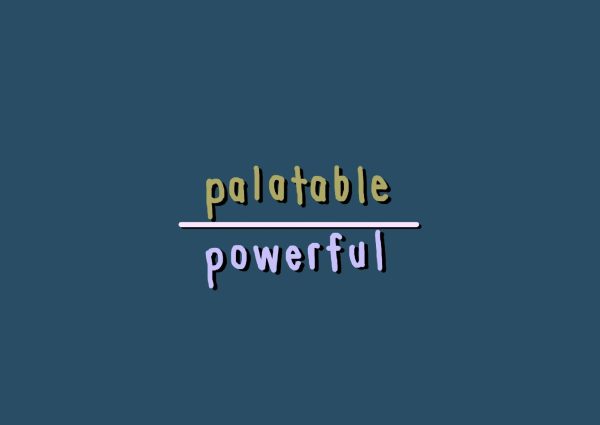The DAPL and the Need for Summer Stewardship
The Dakota Access Pipeline (DAPL) is an approximately 1,100 mile long pipeline designed to carry about 500,000 barrels of crude oil daily from the Bakken Formation and Three Forks oil production areas in North Dakota to oil markets in the United States. The DAPL is almost complete with only a few miles remaining before all systems are ready to go, but there has already been an oil spill near the area! An eighty-four (84) gallon oil spill near South Dakota occurred as recently as mid-May. The DAPL faced staunch resistance from the Standing Rock Sioux tribe, hundreds of other Indigenous Nations, and their allies that inhabit, live, and work on or near the pipeline – it is their Land. Opposition to the pipeline is rooted in concerns that there could be an even larger oil spill and that the contamination would be devastating to the water sources there, mainly the Missouri River and its more than 95 surrounding tributaries. The Missouri River is not just the longest river in North America, it’s a drinking source for millions of people.
Additional concerns of the Indigenous Peoples are that the DAPL violates the sovereignty of their Land and further contributes to climate change. (Note, this year we used only one snow day during the school year. Who remembers the last time that happened?!) Their concerns are valid and relevant to us all. We all need clean drinking water and air to live. The Standing Rock Sioux Tribe has been actively opposing the permit and construction of the DAPL since the Tribe first learned of the proposal in 2014. The Sioux and other Indigenous People have strongly voiced their concerns to the oil company, the Federal Government, Congress and the state of North Dakota.
At the onset, the Tribes’ Tribal Historic Preservation Office requested consultations from the oil company and U.S. government. The consultation requests were all ignored. The Sioux tribes together have filed suit against the Army Corps of Engineers in U.S. District Court challenging the legitimacy of such actions on their Land. The North Dakota Department of Health states there have been more than 700 oil and gas-related spills in the last year alone in North Dakota—or a spill every 11 hours and 45 minutes, on average. The Indigenous Peoples’ fear of another spill has already come true.
When I read about these events, I experience a range of emotions from sadness to anger. As a student at a Quaker school, I have learned ways to channel those emotions into positive actions. Let your lives speak! Turn your emotions into actions that help preserve the Earth, like using resources wisely and promoting environmental sustainability! Although the school year is coming to a close, there’s still a lot left for us to learn. I challenge you to find a small way to demonstrate the values of the SPICES, especially Stewardship. That is how I plan to spend my summer, what about you?
References:
https://www.theguardian.com/environment/2017/jan/25/oil-spill-iowa-trump-keystone-dakota-access-pipeline
ttp://standwithstandingrock.net/history/
https://www.democracynow.org/topics/dakota_access
https://www.whitehouse.gov/the-press-office/2017/01/24/presidential-memorandum-regarding-construction-dakota-access-pipeline

Hello, my name is Aron Bishop. I am currently a senior attending Sandy Spring Friends School(SSFS). This is the fourth year as a staff writer for the Wildezine....










